post

The “Triple Crown of Drinking”: Thanksgiving, Christmas, and New Year’s Eve From Thanksgiving through New Year’s, many people drink significantly more than they do the rest of the year, sometimes doubling their usual intake. Surveys suggest the average American increases alcohol consumption by more than a quarter during the holiday… Read More

Women face unique and heightened risks when it comes to alcohol use. Research shows that women often progress more rapidly from their first drink to developing alcohol-related problems—a phenomenon known as “telescoping.” Even when drinking less or for a shorter period than men, women tend to experience more severe health consequences, including cognitive decline, organ damage, and increased risk of liver disease, heart problems, and certain cancers. Alcohol also poses serious risks during pregnancy, making awareness and tailored prevention strategies especially important for women’s health. Read More
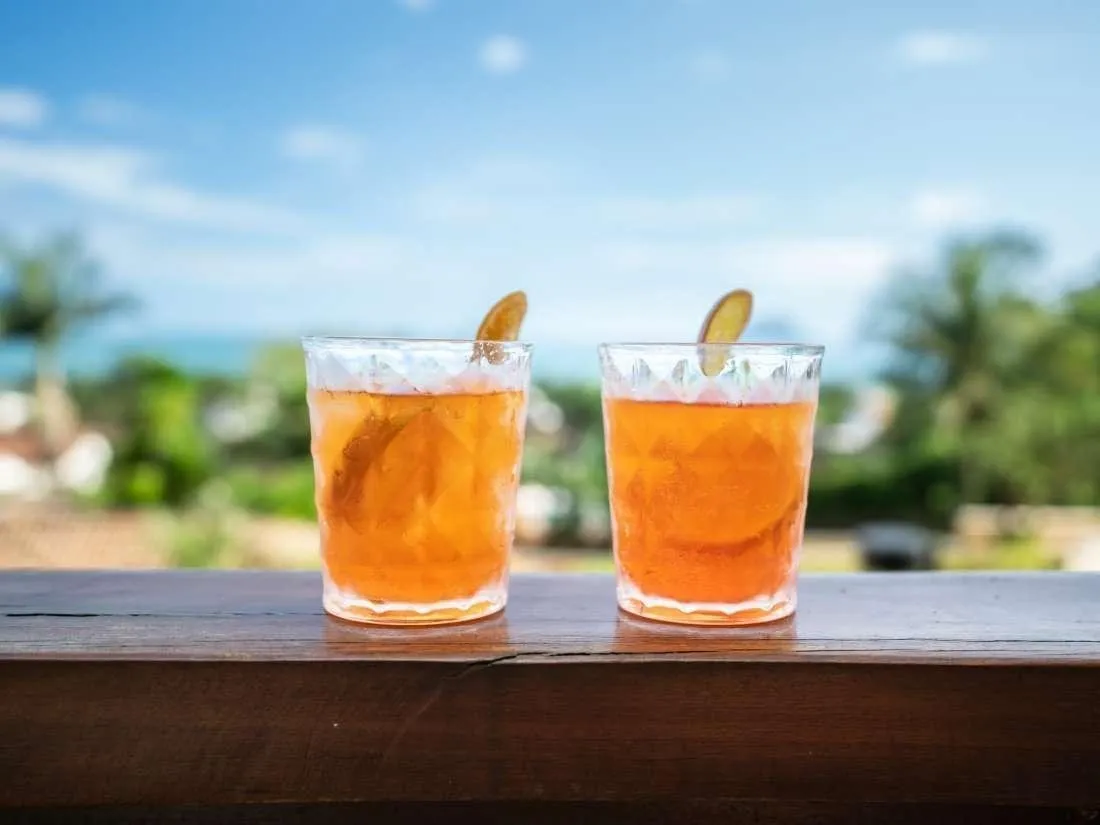
During the summer months there's more opportunities to drink alcohol. WZZM13 spoke with Wholeview's Dr. Sarah Church, an addiction expert, about how to be more mindful about alcohol consumption. Read More
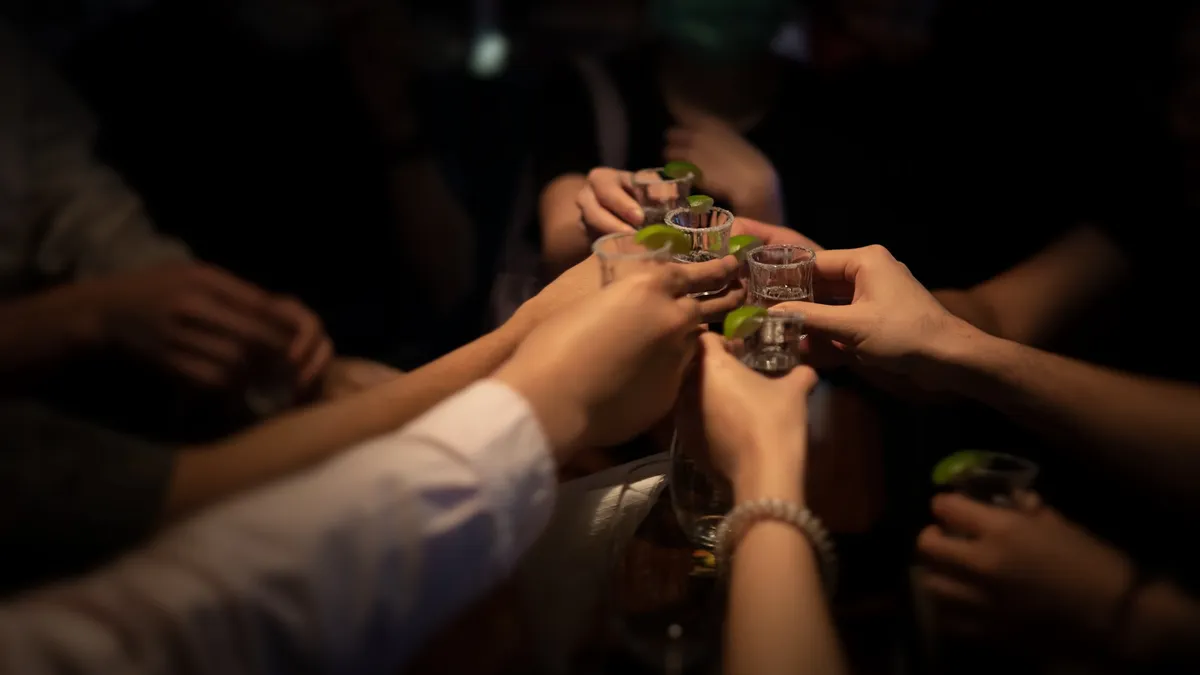
Episodes of "binge drinking" can have dangerous short-term effects, while repeated binge drinking can trigger longer-term problems. Read More
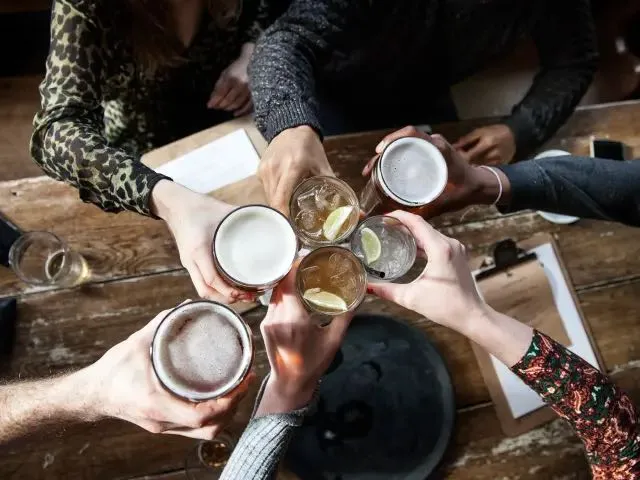
By combining individual behavioral changes with community-based initiatives and evidence-based treatments like naltrexone we can address the complex challenges posed by binge and high-intensity drinking effectively. Read More
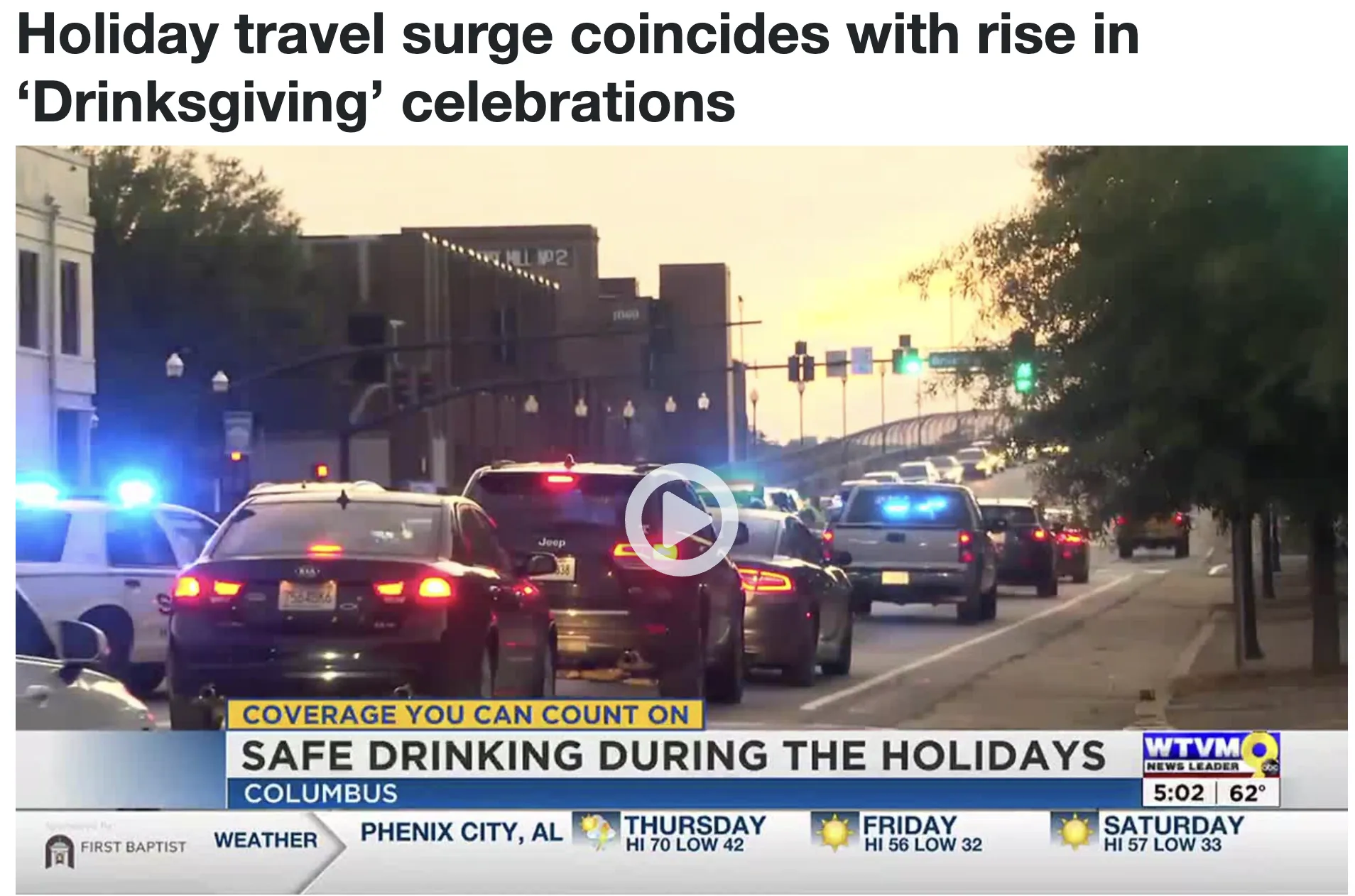
Understanding "Drinksgiving" and Its Impact on Holiday Travel as this unofficial holiday has become more popular.
As the holiday season approaches, a significant trend known as "Drinksgiving" or "Blackout Wednesday" is emerging. This event occurs the day before Thanksgiving and has become a popular occasion for college students to reunite with hometown friends over drinks before spending time with family.
Key Points:
Holiday Travel Surge: This year is anticipated to be the busiest holiday travel season ever, with 80 million people traveling for Thanksgiving.
Rise in Alcohol Consumption: On "Drinksgiving," alcohol sales have been reported to increase by 70% compared to other Wednesdays, highlighting its growing popularity.
Safety Concerns: The increase in social drinking raises concerns about potential negative consequences such as driving under the influence, which remains a critical issue. The legal blood alcohol concentration limit is 0.08% in both Alabama and Georgia.
Community Awareness: Experts like Sarah Church, CEO of Wholeview Wellness, emphasize the importance of enjoying social gatherings responsibly to avoid regrettable actions and ensure safety during the holiday celebrations.
Conclusion
While "Drinksgiving" offers an opportunity for socialization and reunion, it is crucial to prioritize safety and responsibility, particularly regarding drinking and driving. Enjoy the festivities but remain aware of the potential risks involved. Read More

This year, more people are leaving alcohol out of their holiday celebrations.
After years of debate over the healthiness of drinking, overwhelming research suggests that less is more. That has doctors are recommending no drinking over drinking in moderation.Then, a bombshell cancer study came along. Dr. Sarah Church, who’s treated substance use for 20 years, says it debunks the myth of moderate drinking.
“The heavier your alcohol use, the higher your cancer risk is and that’s for everything in the whole the digestive tract, so that’s everything from mouth and head and neck cancers to esophageal cancers, intestinal and colon cancer, all the way through,” Church said. “Breast cancer is actually associated with alcohol use, so that’s something people don’t necessarily know but it’s becoming more and more known throughout the research.” Read More

How to practice mindful drinking during the holidays Read More
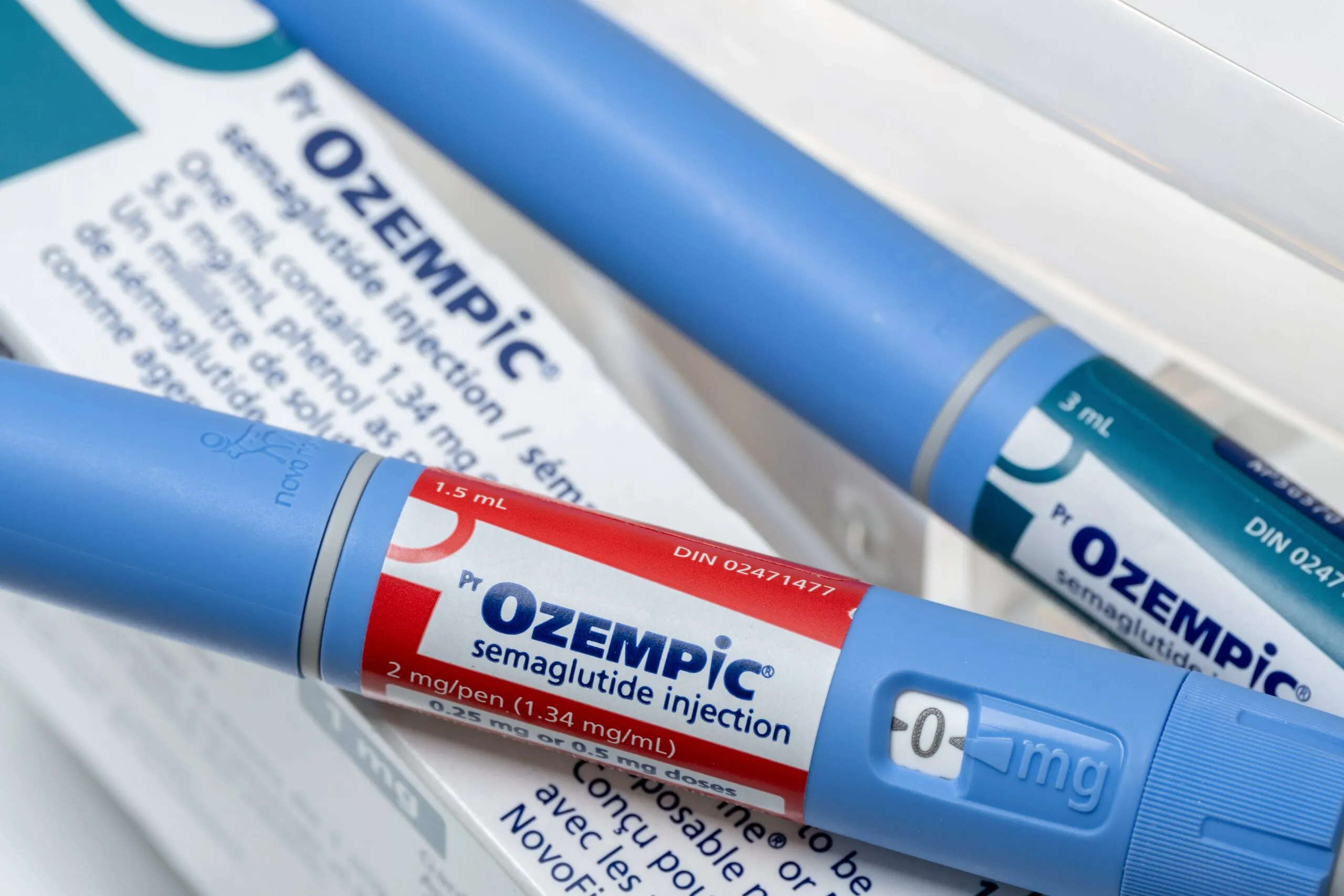
Sarah Church, a clinical psychologist and executive director of Wholeview Wellness in New York City, said more robust studies are needed
"It is critical for us to get the results of a randomized controlled trial that compares GLP-1s to the other FDA-approved medications for (alcohol addiction) before we jump to conclusions about the relative effectiveness of the different medications," Church said. Read More